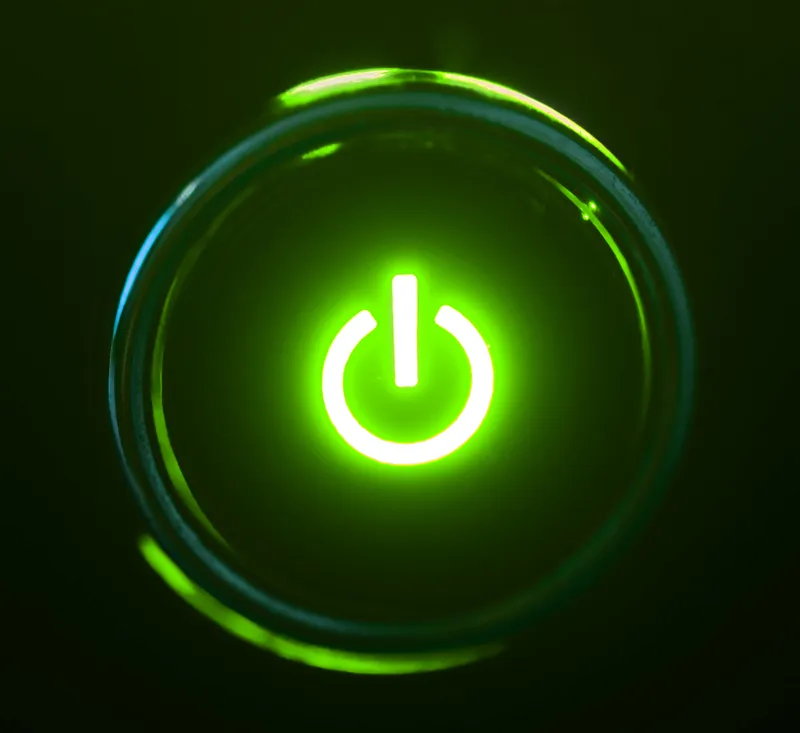
The opening of Montgomery County’s Brookville Smart Energy Bus Depot is claimed to mark a major milestone for decarbonised public transit.
As part of a public-private partnership with the County, sustainability firm Arup was engaged by AlphaStruxure for detailed engineering to upgrade the existing bus facility's site infrastructure for vehicle electrification and connect all components for microgrid operations. The on-site energy generation components are designed to provide resilience and reliability to ensure that there will be uninterrupted charging availability for the bus fleet at all hours.
Arup’s services included microgrid electrical design, site civil engineering for stormwater compliance and permitting, structural and geotechnical engineering to support equipment on the constrained site, plumbing engineering for generator connections, microgrid power studies, and utility coordination, including interconnection agreements.
Arup's multidisciplinary team adapted the design to existing conditions and site constraints, working with an active bus fleet facility that remained operational during construction. This included coordination of existing stormwater management facilities, implementation of equipment structures to reduce the loss of bus parking spaces and working closely with the photovoltaic design team for maximum conduit and trenching efficiency across the site.
The 6.5 MW microgrid includes bus-height solar canopies, on-site energy generators, battery energy storage, and over 4.14 MW of charging capacity. This project is delivered by AlphaStruxure at no upfront cost to the County through an Energy as a Service (EaaS) contract, a long-term agreement ensuring predictable operating expenses and guaranteed performance without upfront capital expenditures.
“The transportation infrastructure of tomorrow is up and running today in Montgomery County,” said Juan Macias, CEO of AlphaStruxure.
“We are thrilled to partner with Montgomery County on this holistic solution that delivers improved, cleaner services to County constituents. This benchmark project serves as a national model for municipalities and private fleet owners across the county to efficiently deploy the charging infrastructure and distributed energy resources that the energy transition requires, accelerating the electrification of medium and heavy-duty vehicle fleets. Thanks to a turnkey Energy as a Service approach, we’ve delivered an integrated bus fleet solution with a resilient energy supply and without upfront costs or financial risks for the County."
The resilient microgrid will provide uninterrupted power to transit buses and in the long-term will run on 100% renewable energy in alignment with the Montgomery County’s goal to reach net-zero emissions by 2035. Transitioning 70 buses from diesel to electric, powered by on-site clean energy microgrid, will reduce lifetime emissions by 62%, equivalent to more than 160,000 tons of greenhouse gases over the next 25 years. The opening of the Brookville Smart Energy Bus Depot progresses the County’s priorities to reduce emissions from public transportation while enhancing the resilience of the community and infrastructure assets.
Linda Toth, associate sustainability consultant at Arup, commented: "Tackling transportation emissions makes up a significant portion of Montgomery County's bold climate action. By opening this pioneering transit centre and microgrid, the County with AlphaStruxure is embarking to make a real impact while signaling future opportunities for cities across the US."
This article was first published on ITS International's sister website Electric Vehicle Charging & Infrastructure










